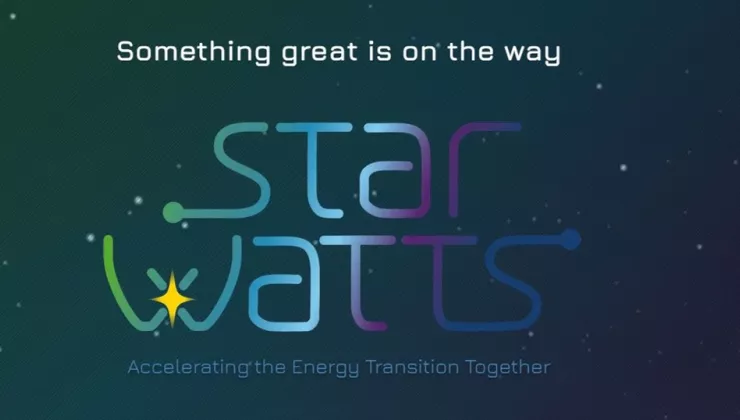DDSHIP
The DDSHIP (Data Driven Smart Shipping) project focuses on computer-aided and autonomous navigation by setting up a new methodology for process flows and a testing platform for validation and certification. This will be done through research into:
- accurate and more robust display and situational awareness of a ship in a waterway with heavy traffic and difficult weather conditions;
- accurate modeling of a ship's actual behavior in these complex waterways with small keel clearances and banks and infrastructure, close to the ship;
- safe and smooth control of the ship by model-predictive AI-trained controllers that realize collision detection and avoidance.
Since accidents on waterways are mainly due to human actions in combination with failures of technical hardware and software or environmental conditions, it is crucial to support masters, pilots or skippers on board the manned vessel or the operator at a remote operations center.
This research will prove the added value of existing technologies (camera, sensors, prediction of maneuvering models, route planning and control), which will lead to smarter - more accurate and more reliable - control over a ship.
Added value
This project's impact on the shipping industry includes a wide range of benefits:
- Fewer accidents due to human error through data-driven control;
- Reduced shortage of maritime personnel due to the ability to reorganise human tasks in autonomous navigation;
- Development of route planning and artificial intelligence methodologies based on in-depth research, including ship maneuverability in restricted waterways.
- Promotion of climate-resilient waterborne transport by reducing crew dependency, freeing up space for the installation of cleaner technologies.
- Improvement of sensor technology, with special attention to infrared cameras for collision detection in challenging environmental conditions (fog, rain).
- Creation of a test environment for autonomous ships (digital twin), supporting the development of autonomous shipping technology.
Partners: Flanders Hydraulics; Ghent University; and University of Antwerp
With the support of: VLAIO
Contact: Eveline Buyck

